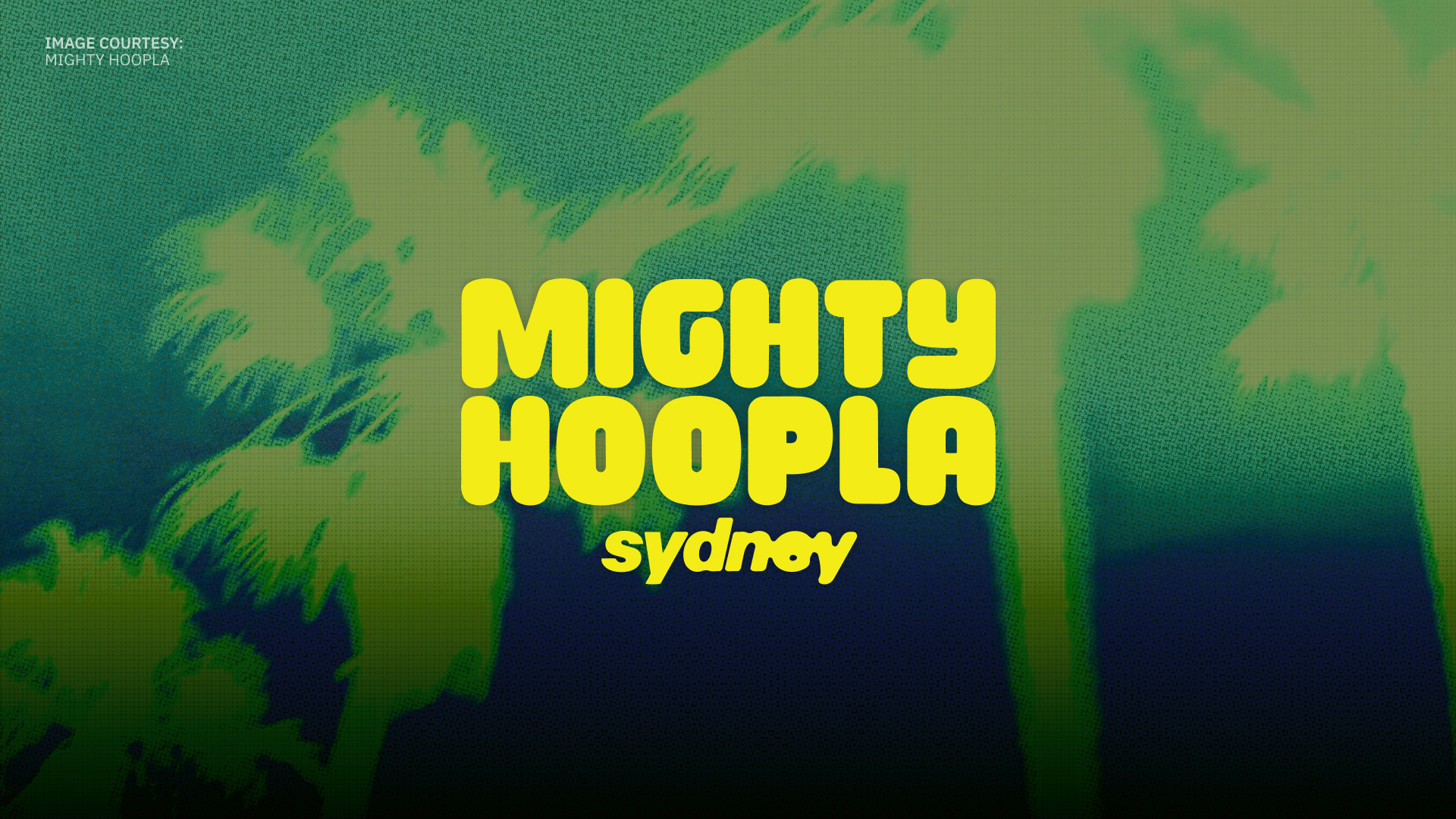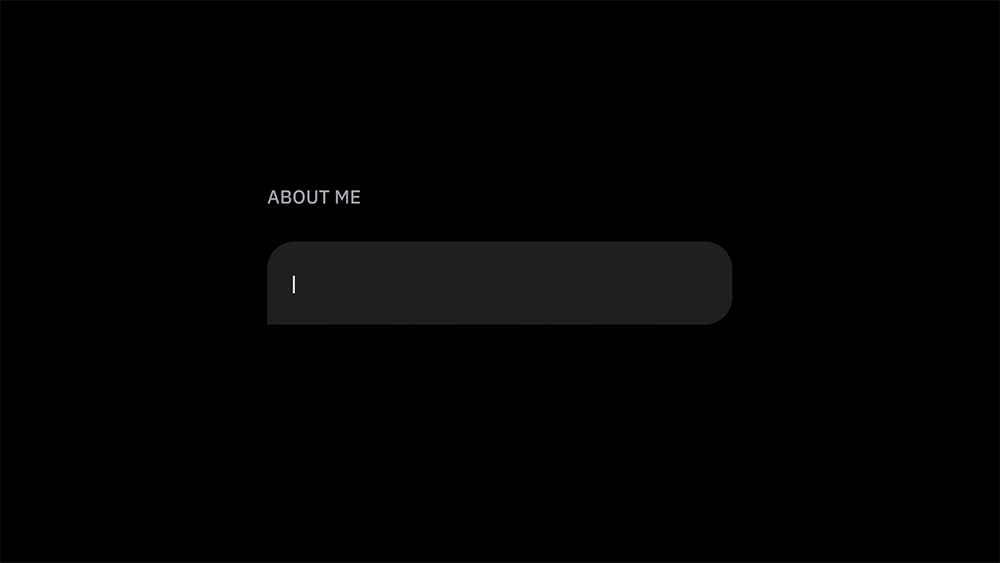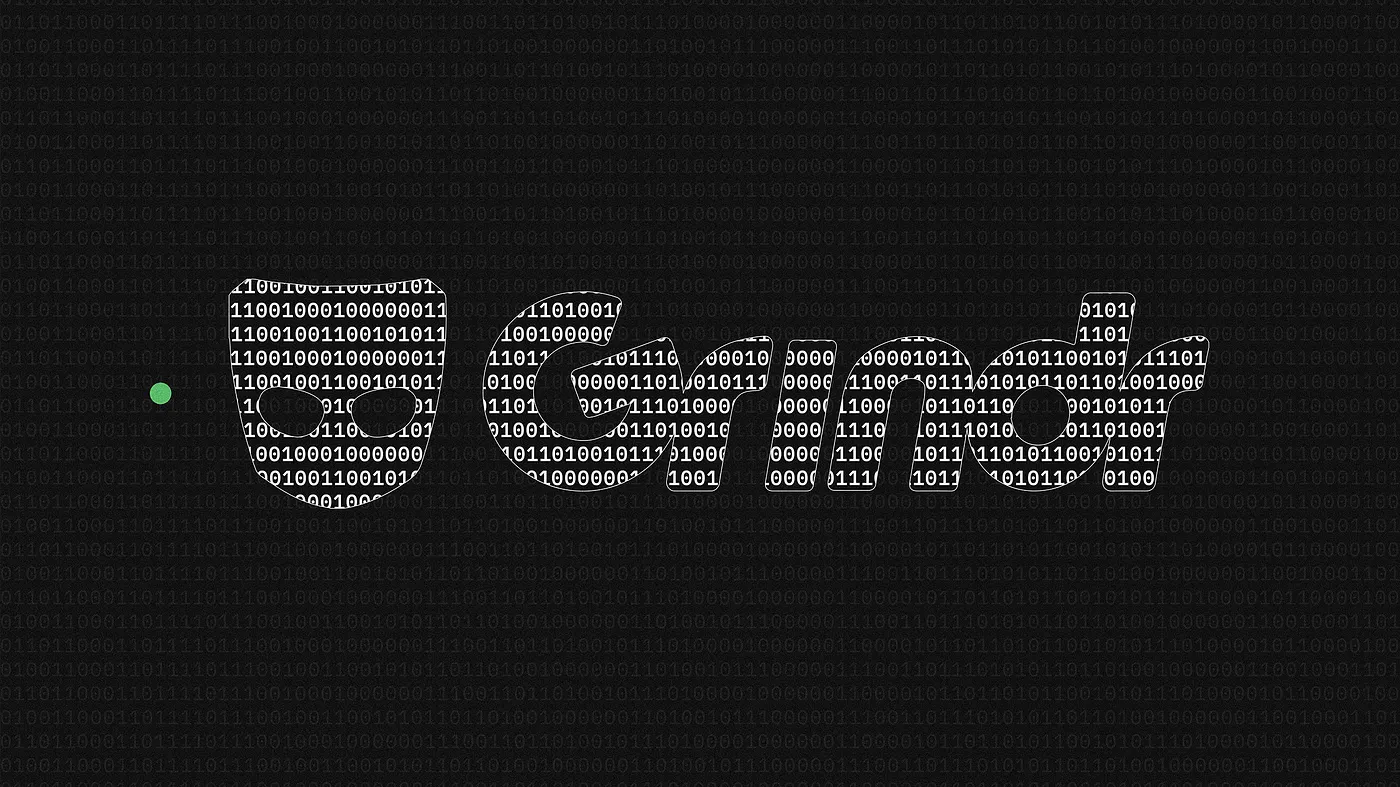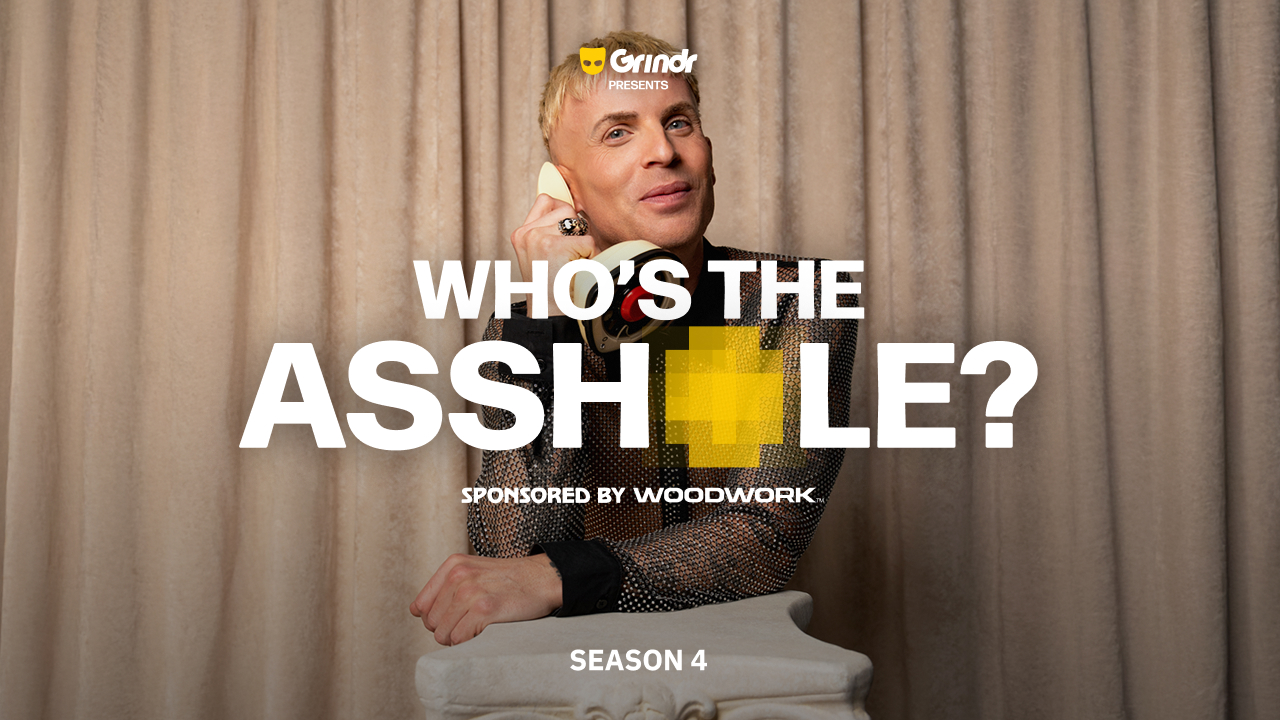Róisín Murphy: My Own Happy Ending


Róisín Murphy's stunning new album begins with a statement of intent: "I feel my story's still untold, but I'll make my own happy ending." Over the next 54 minutes, the Irish singer-songwriter and self-described "disco dolly" – one with a difference, which we'll get to later – earns that happy ending time and time again. Gliding from percolating electro ("Simulation") to sumptuous disco ("Something More"), and banging acid house ("We Got Together") to full-on Studio 54 glitz ("Narcissus"), Róisín Machine is surely the dance album of the year.
"The album is called that because I am a machine — I just keep creating”
Murphy says when I call her in Ibiza, where she’s taking a late-summer working vacation which yields an awesome lockdown performance. "And it rhymes a bit with Róisín, so hopefully people can really get their heads around saying my name correctly!" (For the record, it's pronounced "Ro-sheen.")
Murphy has often been branded “underrated” – a term she doesn’t much like – but it’s probably more accurate to call her “the connoisseur’s dance diva.” Since she broke through in the mid-’90s as one half of eccentric electronic duo Moloko, she’s become known for making fabulous, adventurous, and sometimes challenging music that makes you want to move. At times, that music has fully crossed over into the mainstream: an Ibiza-flavored remix of Moloko's "Sing It Back" topped the Billboard Hot Dance Club Play chart in 1999, and remains one of the most recognizable club hits of its era.

Along the way, she’s also mastered the visual side of divadom.
The cover of her second solo album, 2007’s Overpowered, shows her wearing a conceptual runway outfit in a London “greasy spoon” café – the British equivalent of a diner. The album, one of the best dance-pop collections of its decade, sold respectably in the U.K. and Ireland but didn't make Murphy a household name. When I interviewed her for a British newspaper two years ago, Murphy recalled wryly: “I got reviews saying, ‘Why’s she not a pop star? Well, look at the sleeve, she’s a freak!’ Then six months later you’ve got Lady Gaga wearing exactly the same fucking outfit.”
Still, Murphy’s fanbase has remained loyal ever since Overpowered and quite rightly includes a large LGBTQ contingent. "To me, Róisín Murphy is an icon and a legend and just incredibly talented," RuPaul's Drag Race alum Detox told music magazine NME earlier this year. Indeed, in a recent interview with The Irish Times, Murphy acknowledged her deep-rooted queer appeal by saying quite brilliantly:
"If I want to be famous, I can just go to a gay club."

Of course, Murphy is no fame-seeking stage school kid. Her family moved from a small town in Ireland to Manchester – the U.K.'s third largest city, and buzziest next to London – when she was 12 years old. Three years later, her parents divorced and returned to Ireland, but Murphy decided to stay in the north of England by herself. Over the next few years, she found her calling in life – music – by frequenting nightclubs in Manchester and neighboring city Sheffield.
Today, she speaks almost evangelically about her first trip to Trade, a highly influential London gay club that opened in 1990. “I went to Trade when I was 16 – I made the journey down to London and queued three times round the block because I kept getting turned down. I couldn’t get in because I was too young,” she recalls. “Eventually they just gave up and let us in. I remember going up on the fucking balcony and looking down at all the lads in their Calvin Klein underpants just squashed into every bit of space. There were lasers pinging around everywhere, and I remember saying to my friend: ‘I’ve fucking come home here. This is Babylon. I love this wee place!”
On this magical-sounding night, Murphy says she and her friend were “looked after by drag queens” and ended up dancing “till nine in the morning without any drugs or anything – at the time, that wouldn’t have crossed my mind.” Back in Sheffield, Murphy immersed herself in a club scene that was “very mixed in terms of race and sexuality" and “had a real family feel to it.” A few years later, she met musician Mark Brydon, who would become her Moloko bandmate as well as her romantic partner. The chat-up line Murphy used on Brydon at a party – “Do you like my tight sweater? See how it fits my body!" – is preserved forever in the title of Moloko’s 1995 debut album, Do You Like My Tight Sweater?
During this formative period she also met her longtime collaborator Richard Barratt, a.k.a. DJ Parrot, who co-wrote and produced all of Róisín Machine.
“I was always brought up in dance music to know that it came from gay culture,” she says today. “You know, it was not a big surprise to find that out because I knew it from the very beginning. That was where the best parties were, the best music, the best drugs, and the best craic. You know?”

Moloko's career trajectory spiked in 1999 when DJ Boris Duglosch's remix of "Sing It Back" gave them their first huge mainstream hit in the U.K. and Ireland. A year later, they scored another big hit with the glistening disco gem "The Time Is Now," which peaked at number two in the U.K. and helped its eclectic parent album Things to Make and Do to go platinum. After that, Moloko would only release one more album, 2003's Statues, which featured lyrics which seemingly documented the breakdown of Murphy and Brydon's personal relationship. "Some days I question the suggestion you might not exist at all," Murphy sings on the mournful title track. "Can we meet and talk it over? Would you be kind enough to call?"
Murphy then launched a fascinating solo career characterized by its unpredictability. She fused jazz with experimental electronica on her debut solo album, 2005's Ruby Blue, before embracing glossy dance-pop on 2007's Overpowered. Prime Murphybangers such as the title track and “Movie Star” still sound tremendous today. Then, having only dropped a few one-off singles during a quieter period where she became a mother, she returned in 2014 with Mi Senti, an EP of classic Italian pop covers. Murphy said at the time that she learned each song phonetically because she didn’t speak “a word of Italian." Soon after came a couple of acclaimed prog-disco albums, 2015’s Hairless Toys and 2016’s Take Her Up to Monto, which cemented her reputation as a true dance music auteur. Róisín Machine, her most immediate collection since Overpowered, feels like a new career peak from an artist who never stops flexing her creative muscles.

For the cover of Take Her Up to Monto, Murphy rocked a hi-vis jacket and hard hat to create a look that could legitimately be branded “construction worker drag.” It wasn't inspired by the Village People, but by Murphy's passion for post-modern architecture and her family background. “The Murphy construction gene is very much part of me,” she says. “I've got plenty of uncles who laid roads and tarmacked people's gardens and all that, you know.” Over the years she’s given us so many distinctive looks – from Overpowered’s offbeat fashionista to Róisín Machine’s punky disco queen – that it’s no surprise she’s often called a drag queen.
"I was told years ago by my gay friends: 'You are a drag queen.' And I remember thinking, ‘What do you mean by that? Am I a masculine woman?' And I was a bit put out by it," she recalls. "But now, I totally embrace it. I'm totally a drag queen and I was born that way. I mean, as a child, I was a total exhibitionist."
Murphy clearly appreciates that drag isn't just about changing the way the world perceives you. "I think the thing that's very misunderstood about exhibitionism is that people think you do it to be looked at," she says. "But you don’t. You do it because of the joy of putting the exhibition together. It's a creative pursuit like making a painting or a piece of music or a film."

When I ask what the most misunderstood thing about Róisín Murphy is, she gives an answer that kind of encapsulates her career to date. "I learned everything in the real," she says. "I learned to dance on the dance floor – not in front of a mirror. I learned music from DJs and going clubbing from the age of 15. Everything I'm doing is coming from a super-real place, even though I am at the same time a disco dolly.”
By now, Murphy is on a roll. “And you can take me like that,” she continues. “You can put me in there with Kylie and all the other people who are 'saving 2020' and all that. But I'm not like them, and I'm not coming from that same place. I'm not trained – I'm self-made. I think it's because I'm a girl and a singer, but…
“Hopefully the next album will get the message across: that I'm as much like Radiohead as I am Kylie Minogue."
{{video-inline-cta}}










.jpg)
.gif)
.gif)
.png)


.jpg)









